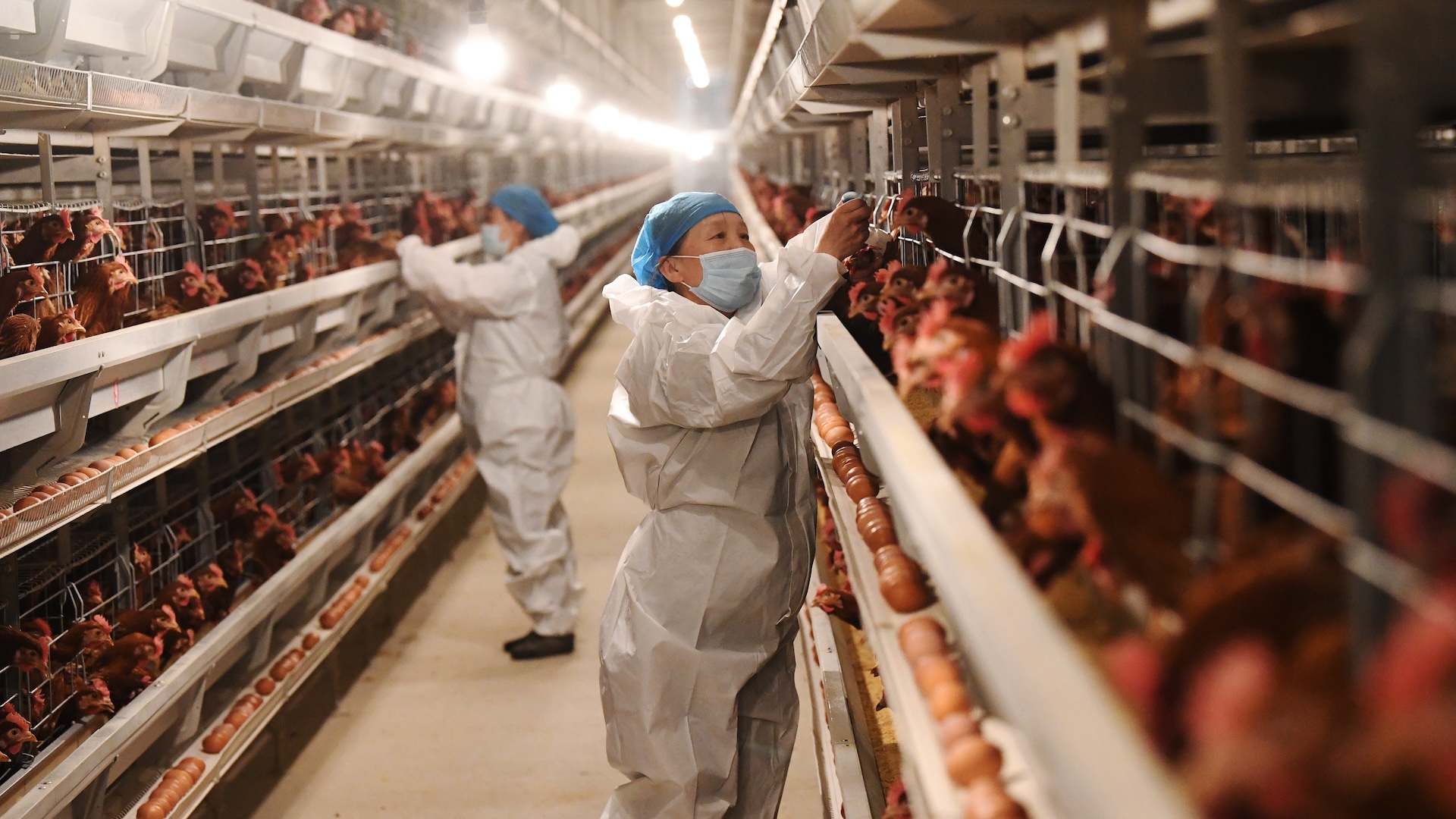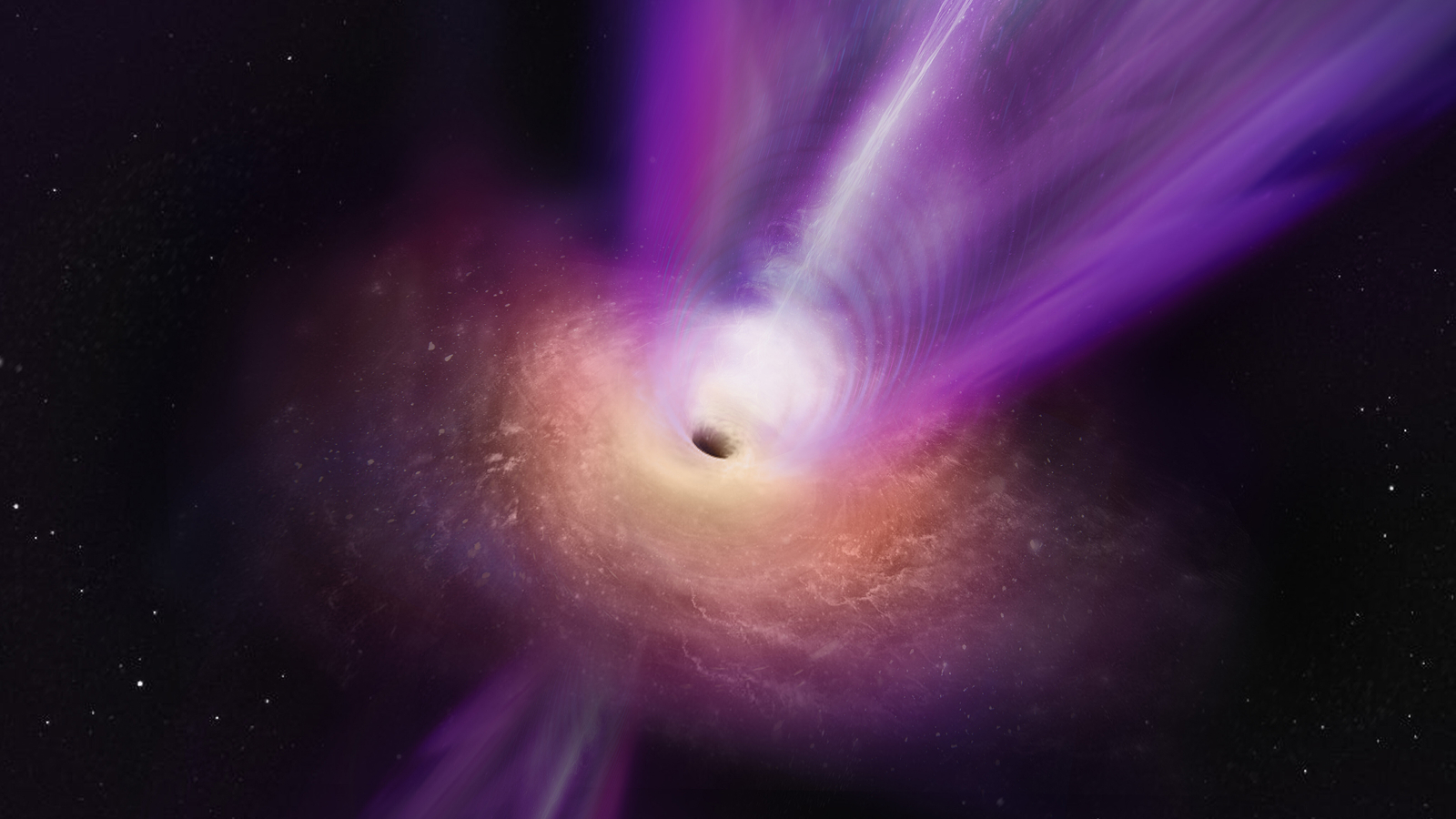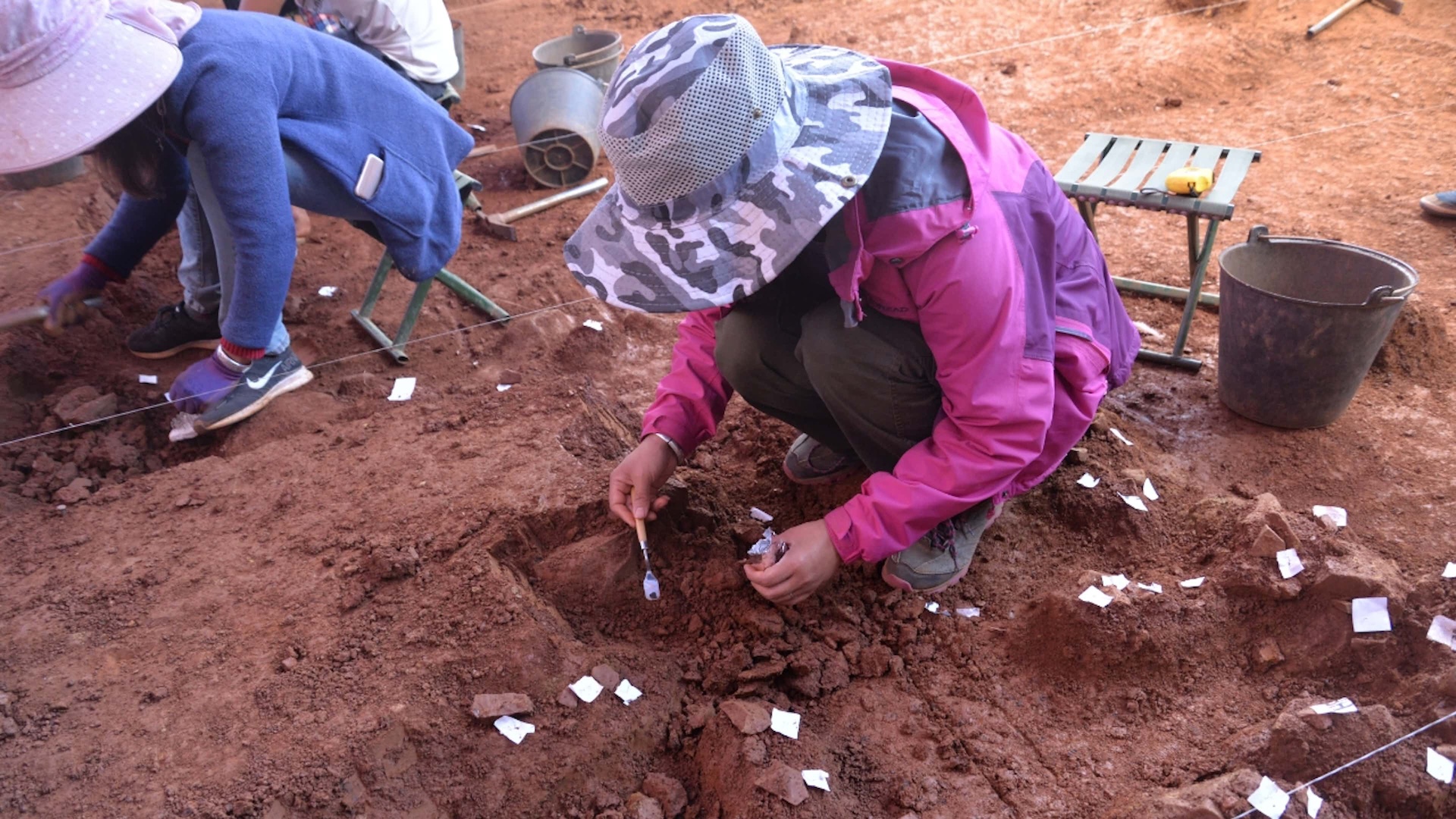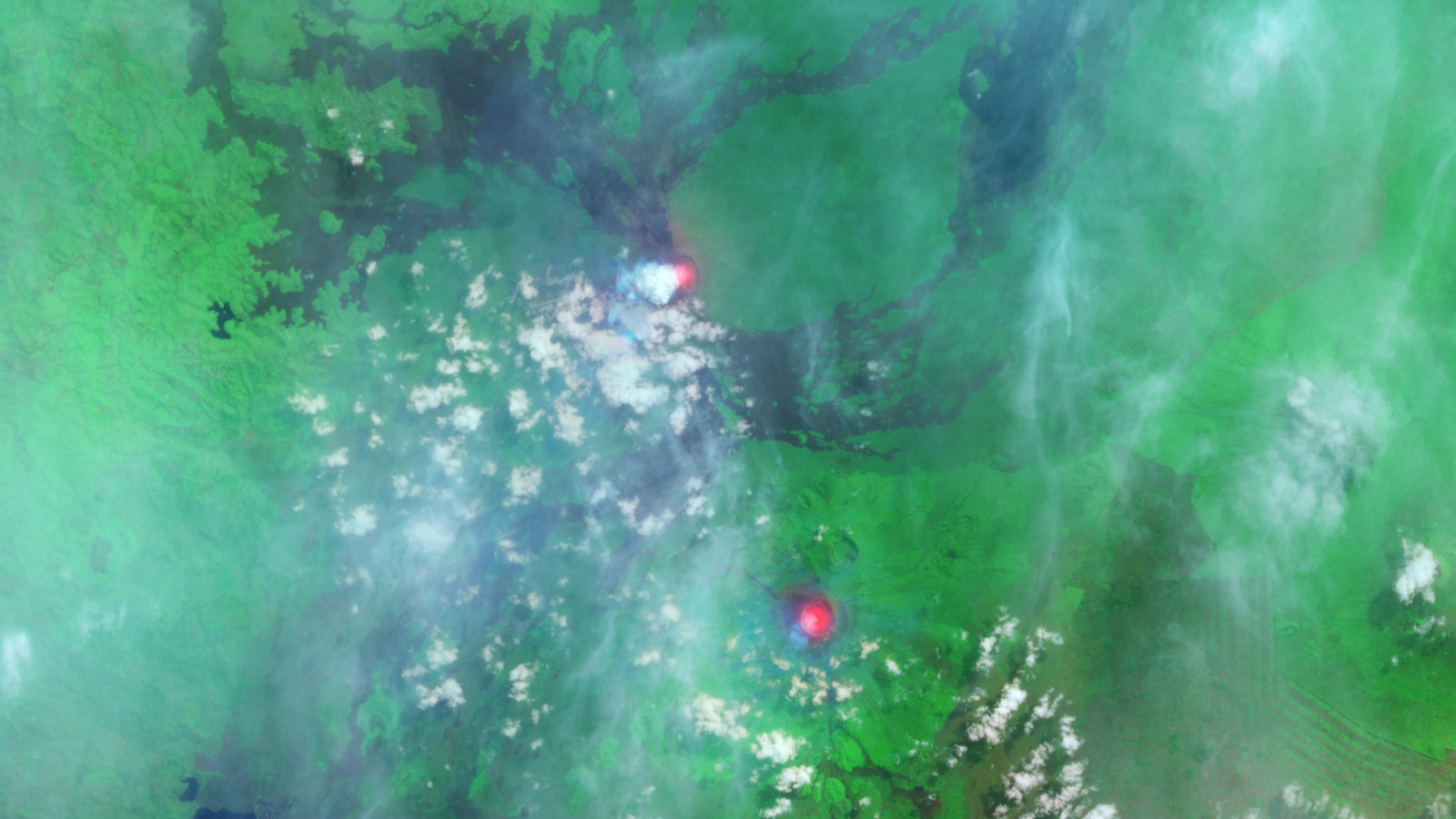
Scientists Have a Responsibility to Engage (Op-Ed)

Gretchen Goldman is an analyst in the Scientific Integrity Initiative at UCS's Center for Science and Democracy. Goldman holds a PhD in environmental engineering and her current work looks at political and corporate interference in science policy. She contributed this article to LiveScience's Expert Voices: Op-Ed & Insights.
To be, or not be, an advocate?
This is a question with which many scientists grapple. The answer is, of course, not a simple yes or no — but so many scientists and others through the years have attempted to make it so. Earlier this week, Tamsin Edwards of the University of Bristol wrote an opinion piece for the Guardian provocatively entitled, "Climate Scientists Must Not Advocate Particular Policies." Edwards made the claim that scientists should be above the fray, but she got it wrong in several ways.
The idea that scientists shouldn't have a voice in policy discussions is naïve — and concerning. Scientists, like all citizens, have the right to engage in policy discussions, and they have a right to express their opinions, political or otherwise. I've seen what can happen when scientists are silenced, and that situation certainly doesn't provide us with better policy outcomes.
Take, for example, what's currently happening in Canada with the widespread muzzling of government scientists. The problems have escalated and are well-documented in a 128-page report by the University of Victoria and the Canadian NGO Democracy Watch.
Many, including UCS, have criticized this troubling trend. As David Suzuki, the Canadian environmental icon and scientist, has noted on his blog, "Countries where governments hold a tight rein on information, shut down or stifle research that runs counter to their priorities, and demonize and attack opponents are never good places to live. We have to make sure Canada doesn't become one [of them]."
I believe that science — and therefore, scientists — should help inform policy decisions. Scientists have a unique perspective and understanding of issues, and without that perspective, the public debate is less rich and less informed. There are many great examples of scientists' involvement enhancing policy debates: pediatricians advocating for mandatory vaccination , biologists advocating for evolution being taught in science classrooms and nuclear engineers advocating for arms control treaties. Whilescience may not be the only factor in a decision, it is essential that the best available science informs that decision.
However, it is important that scientists are clear and transparent in their communication. They need to distinguish fact from opinion, and make clear when they are transitioning from scientist to citizen. This is done effectively by many scientists, particularly with respect to climate change. Stephen Schneider provided an excellent example of such an approach, and it now serves as a model for outstanding climate change communication.
UCS recently released a report on federal agencies and how free their scientists are to speak, including to voice their personal opinions. We found when agencies provided scientists with more freedom to express professional and personal opinions — both to the media and the public — the audience was better able to distinguish the science from the researcher's opinion. Because those agencies encouraged scientists to clarify when they were speaking as a scientist for the agency, and when they were expressing their personal views, the agencies actually performed better at controlling their messages and clarifying who is and who isn't speaking for them. Problems creep up when there is ambiguity.
All science requires value judgments — scientists decide what research questions they ask and then interpret data to make the questions meaningful. But the beauty of science is that these actions are transparent. Anyone can see the data, and scientists can utilize peer-review systems to help determine scientific consensus around complex issues like climate change. As I've discussed before, this is the power of the scientific process.
When it comes to climate change , society needs scientists to collect data, run models and interpret the results for us — we need them to tell us what the science says about how severe climate impacts will be in the future.
Climate science, of course, doesn't tell nations whether they need international treaties or carbon taxes or cap-and-trade regimes. But, the science can help governments understand how quickly to implement actions to prevent the most damaging impacts of climate change. And I, for one, want to hear how urgent the problem is from climate scientists, and learn from them what mitigation and adaptation actions might be necessary.
Do I want to hear what a scientist thinks about the policy route society should take? Maybe. He or she might have valuable insights. But ultimately, this question is best answered in a broader discussion informed by experts in science, policy, economics and other fields. Regardless of who the decision-makers are, on a science policy issue like climate change, scientists need a seat at the table.
This article was adapted from the post Scientists Have a Responsibility to Engage on the UCS blog, The Equation. The views expressed are those of the author and do not necessarily reflect the views of the publisher. This version of the article was originally published on LiveScience.com.
Sign up for the Live Science daily newsletter now
Get the world’s most fascinating discoveries delivered straight to your inbox.










